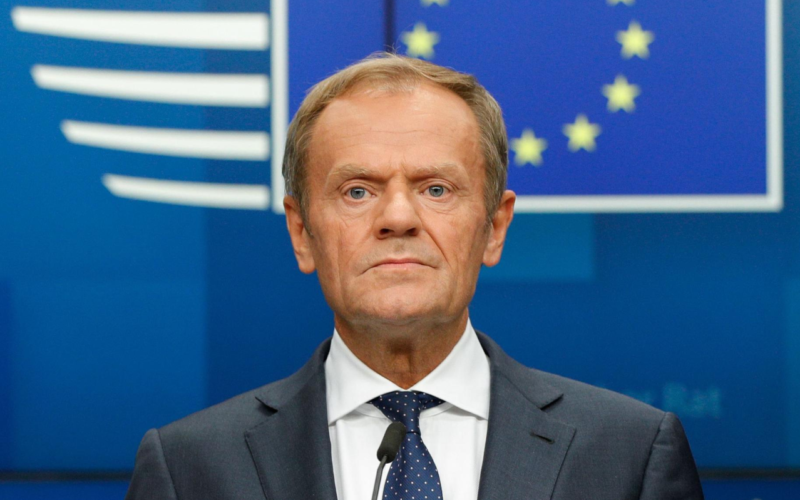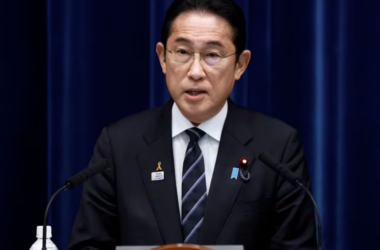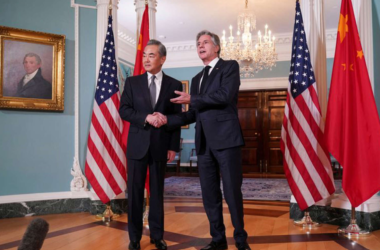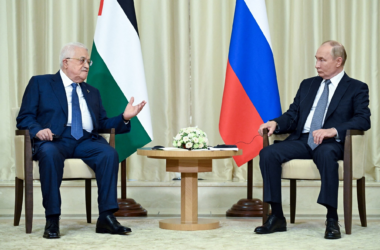Poland is facing a critical juncture in its political landscape, with the formation of a new government holding the key to accessing frozen European Union funds. The urgency of the situation was emphasized by opposition leader Donald Tusk, who warned that Poland risks losing its access to vital EU funds if the process of forming a new government is protracted. As the country navigates the complexities of post-election politics, the stakes are high, with billions of euros in EU grants and loans hanging in the balance.
The Law and Justice (PiS) party, which secured the most votes in the October 15th election, lost its absolute majority. As a result, the party is unlikely to find a partner to form another coalition. This outcome has created a unique and challenging scenario in Polish politics.
Three pro-European parties have stepped forward, expressing their readiness to establish a new cabinet led by Donald Tusk. They have urgently called on President Andrzej Duda not to delay the appointment process, recognizing the need for swift political action.
President Duda has announced that the first session of the newly elected parliament will convene on November 13th. However, he has yet to disclose his choice for the position of prime minister. This decision is eagerly awaited, with both Donald Tusk and PiS’s Mateusz Morawiecki claiming the role.
Donald Tusk, who has been in Brussels meeting with European Union leaders, stressed the importance of Poland’s access to EU funds. At stake is the country’s access to 35.4 billion euros in grants and loans from the EU’s recovery fund. However, the disbursement of these funds has been suspended by the EU due to concerns over legal reforms in Poland that critics argue jeopardize the independence of its judiciary system.
In addition to the recovery fund, Poland’s access to 76.5 billion euros of EU cohesion funds, aimed at improving the living standards in the EU’s less affluent regions, is also blocked due to similar concerns.
Donald Tusk has implored President Duda to swiftly acknowledge the political reality in parliament, where a majority is ready to form a new government. Tusk believes that a prompt government formation would lead to the expedited release of EU funds to Poland.
The President has specific timeframes within which he must act. He has 30 days from election day to convene the first session of the new parliament, and an additional 14 days to nominate a candidate for the prime minister’s role.
The current political landscape in Poland is marked by uncertainty, as the nation grapples with the aftermath of an election that has left the PiS party short of an absolute majority. The urgency of forming a new government has been underscored by the potential loss of access to vital EU funds. The timely appointment of a prime minister is essential to unlock billions of euros earmarked for Poland’s recovery and development. As the country’s political leaders navigate this complex situation, the hopes of securing EU funds and addressing the nation’s pressing needs rest on their ability to forge a new government without unnecessary delay.








